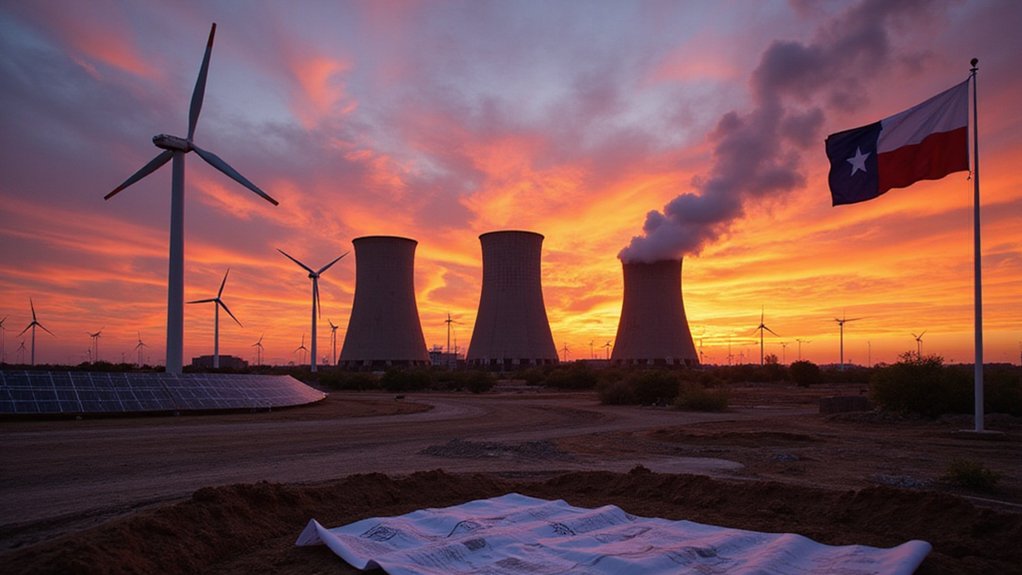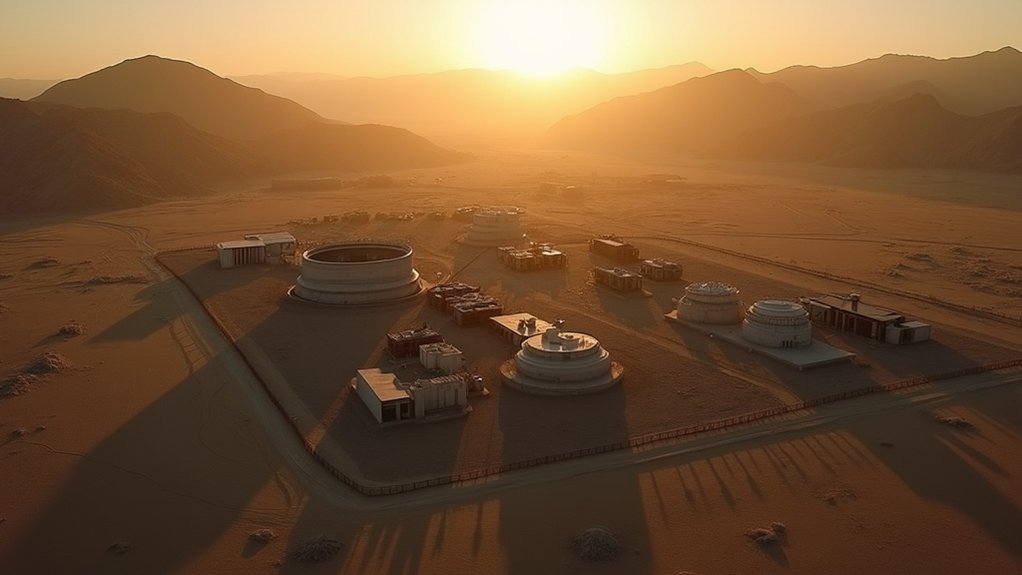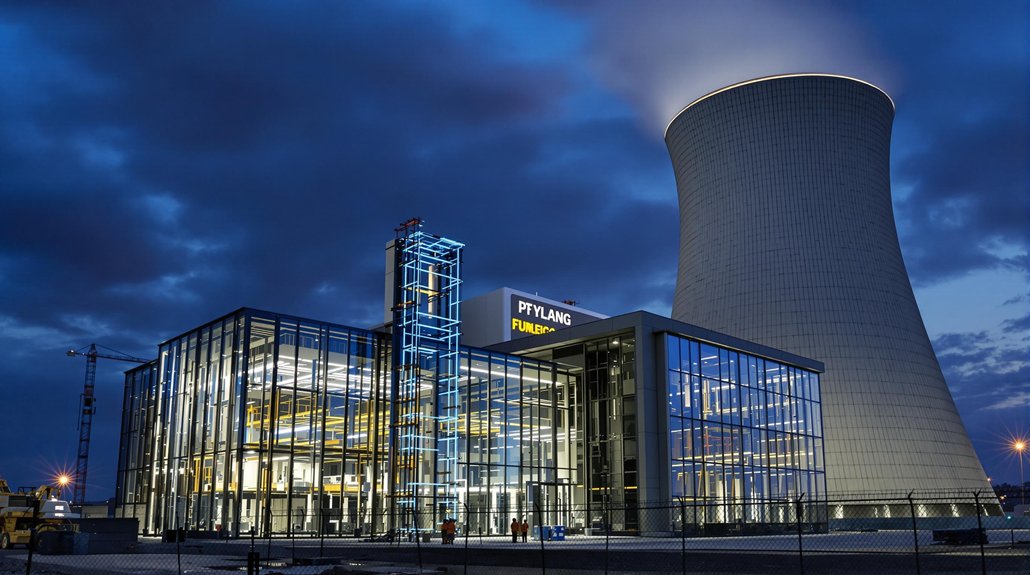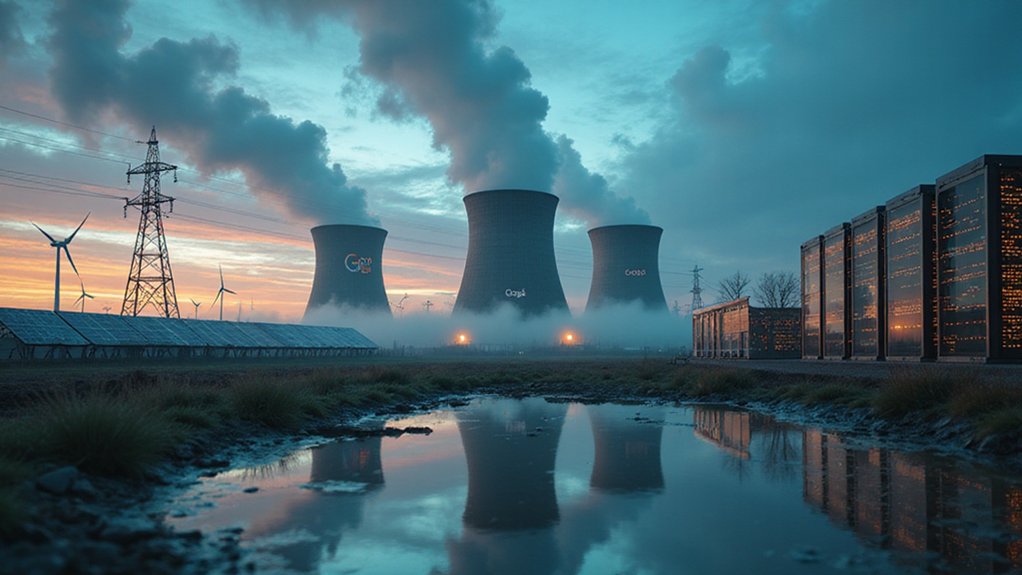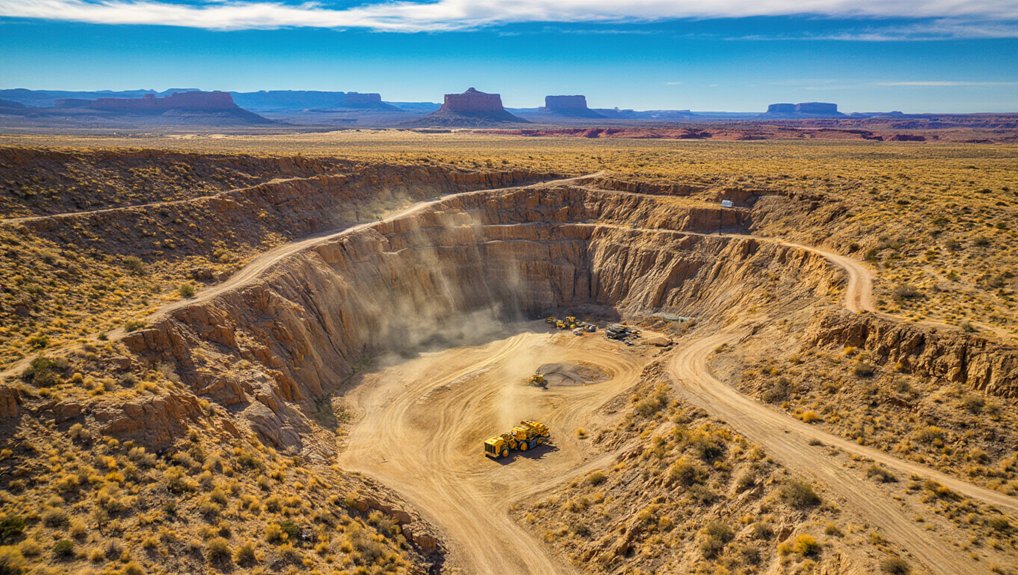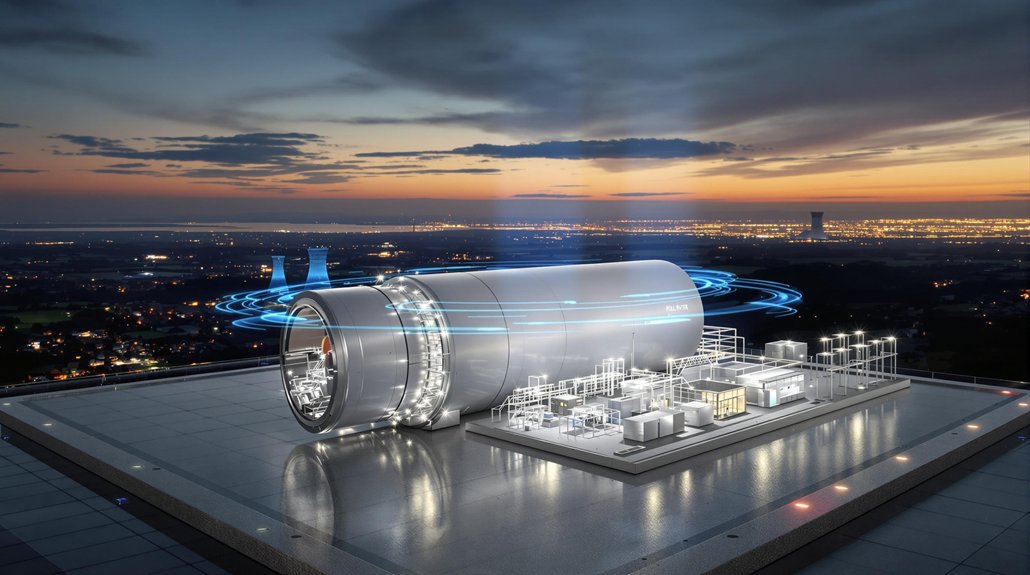Texas Bets $2 Billion on Nuclear Transformation: Will Your Tax Dollars Power the Future?
Why is Texas making a $2 billion wager on nuclear power? The answer lies in House Bill 14, proposed by GOP state Rep. Cody Harris, which would create a taxpayer-funded program to support nuclear projects across the state.
Texas is betting big on atoms, with taxpayer dollars fueling a nuclear revolution through GOP-backed legislation.
Filed in March 2025, the bill would establish a Texas Advanced Nuclear Deployment Office with up to $2 billion in funding. This office would oversee development of new nuclear facilities and create a state coordinator position to help with permits.
“It’s time for Texas to lead a nuclear power renaissance,” declared Governor Greg Abbott in February 2025. The initiative aims to address Texas’s growing electricity needs while positioning the state as a hub for nuclear innovation.
The financial structure would offer nuclear companies loans covering up to 60% of development costs. Companies would have 20-25 years to repay these loans. This system mirrors how Texas already supports natural gas facilities.
Progress is already underway. Four advanced reactor developers have been invited to build at Texas A&M University’s RELLIS campus. Natura Resources announced plans for two molten salt reactors, while Last Energy intends to build 30 microreactors in northwestern Texas to power data centers.
The push comes amid rising power demands from data centers, AI facilities, and the oil-rich Permian Basin. Texas, already the top producer of oil, natural gas, wind, and solar energy, now wants to add nuclear leadership to its portfolio. Unlike geothermal energy, which requires specific geological conditions for effective development, nuclear power plants can be constructed in more locations throughout the state.
Texas has shown frustration with federal regulations. In late 2024, the state joined Last Energy in suing the Nuclear Regulatory Commission, claiming it doesn’t effectively regulate new reactor construction.
Industry groups like the Texas Nuclear Alliance support the legislation. Academic partnerships are also forming, with Texas Tech University and Texas A&M playing key roles. Dow Chemical has announced plans to install small modular reactors at its Seadrift complex on the Gulf Coast, further demonstrating industry interest in nuclear solutions.
If successful, this initiative could reshape Texas’s energy environment while using taxpayer dollars to jump-start what supporters call a “balanced energy future” with safe, reliable power generation.
The bill follows recommendations from a nuclear working group that was directed by Gov. Abbott to provide guidance on nuclear development in Texas.
References
- https://www.texastribune.org/2025/02/24/texas-nuclear-power-advanced-reactor-abilene/
- https://www.ans.org/news/2025-04-01/article-6905/state-legislation-texas-considers-2b-incentive-fund-to-attract-new-nuclear-projects/
- https://www.ans.org/news/2025-02-28/article-6805/texassized-nuclear-plans-grow-with-news-from-natura-and-last-energy/
- https://www.utilitydive.com/news/texas-house-bill-would-create-state-nuclear-office-funding-program/746360/
- https://texasnuclearalliance.org/2025/03/06/texas-nuclear-alliance-applauds-legislation-filed-to-unleash-nuclear-energy-renaissance/
